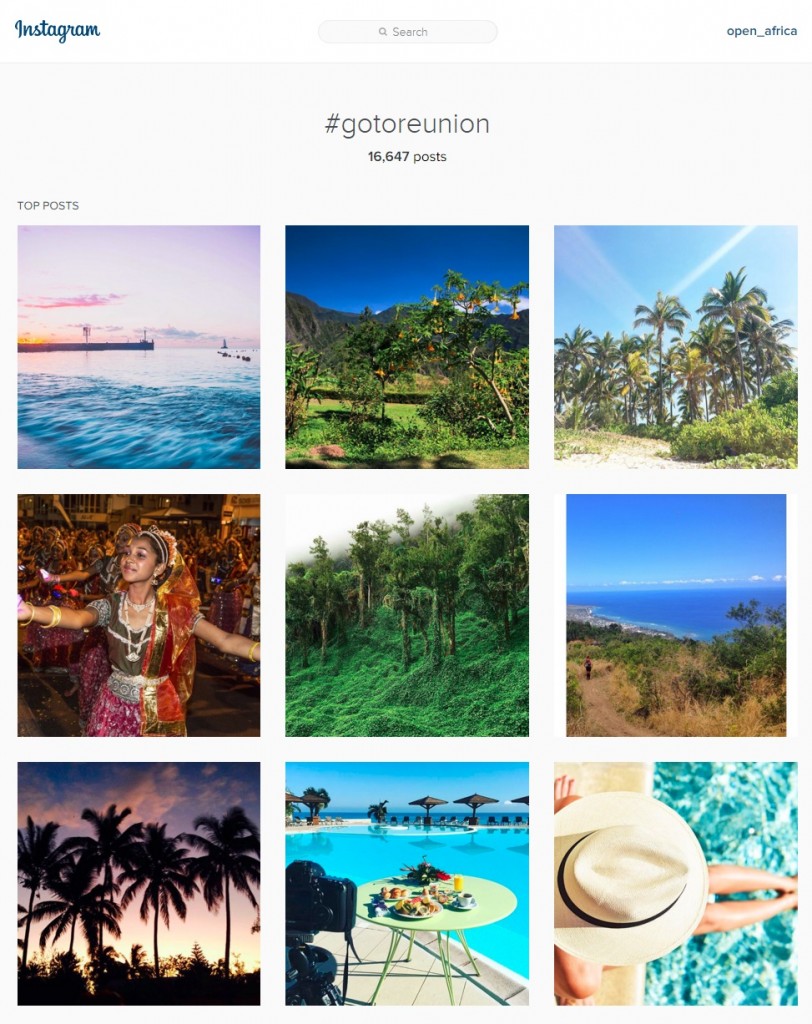Press trips and media coverage are a big part marketing. Traditional advertising is no longer trusted by consumers, so paying bloggers or journalists to write about your route and promote it via social media can be valuable.
It is always important to research a journalist or blogger to ensure they are a good fit for the type of exposure you’re looking for and that you can afford them. Partnering with local tourism offices or municipalities can also help to increase your budget if you’re strapped for cash.
Here are some tips for hosting a blogger or journalist along your route:
Pitch the trip to them
When you’re pitching a trip to a freelance journalist or blogger, make it sound as enticing and interesting as possible. Try to keep to a specific theme – such as culture, food or wine – that will interest them. Suggest an itinerary that will provide story-telling experiences as this will make their job easier and more enjoyable. Providing the social media handles (Handles are another name for social media names on Twitter and Instagram and are used to mention or ‘tag’ the business. E.g. @open_africa on Instagram or @OpenAfricaOrg on Twitter) for the businesses along the itinerary is also useful so that the journalist/blogger can begin promoting them on social media before they even get there.
Create a Hashtag
Creating a hashtag for the trip to use on social media is another great way to show you’ve thought this through. A hashtag makes it easy for posts (photos, tweets and others) to be indexed together so that if anyone is searching for more information on the trip, they can search using the hashtag Hashtags should be kept short but descriptive as possible. For example, Reunion Tourism has a hashtag they use which tells travellers how they can reference it: #GoToReunion
See how easy it is to search for photos of Reunion Island by searching for #GoToReunion

Provide free and fast WiFi
This is one of the most important things for any travel writer. You may be in some remote corner of the country, but if they’re on an assignment or job, they need WiFi in order to tweet, post photos on Instagram and stay connected to their audience. If it’s free, they’ll be even more likely to post regularly and share news of their trip with their followers. Also remember that if you’re hosting journalists on trips to countries where they don’t live, they may be relying on WiFi for all their communication to avoid hefty roaming charges. Verify ahead of time that there will be WiFi available at least at some of the restaurants and attractions they’ll be visiting, as well as at the guesthouses and B&Bs. If there’s a fee for WiFi – get it waived.
Give them free time
Travel writers need time to check their emails, write tweets and post photos and also to stop and breathe. If their days are filled with activities they won’t have any time to reflect on their experiences and will find it difficult to promote you. It also doesn’t hurt to give them time to explore and experience things on their own, unaided by biased tour guides with agendas. Find out beforehand what they would prefer.
Give them an itinerary
Providing travel writers with a detailed itinerary ahead of time is essential. Include web links, social media handles (Business social media names, e.g. @open_africa on Instagram or @OpenAfricaOrg on Twitter) and links, contact details, e-mails of people they’ll be meeting and information about places they’ll be visiting. This will give them the opportunity to research ahead of time so they know what they’re writing about during their trip.
Personalise the visit
Travel writers of any kind have different goals and interests in their work (See the difference between traditional journalists and bloggers) By creating an environmentally-friendly trip for a blogger who is an advocate for conservation makes them feel special. These trips aren’t a “one size fits all” experience, and giving the participating journalists or bloggers different options to choose from means you’ll get more value at the end. Make sure that whatever you do, their experience is as authentic as possible. For example, if your route isn’t known for its food and wine, don’t attempt to make a food-themed trip.
Provide a brief
While it may look like they’re permanently on holiday, travelling and telling stories is how these writers earn a living and so each trip should be treated professionally and as a job. If you are paying for the writer to visit your area, provide a brief to them upfront of what you expect in return from them. What are you trying to achieve by hosting them? Is it awareness about the route, or would you like to see an increase in travellers? Do you want to promote an annual festival, or are they coming to your route to experience and cover baby turtles hatching on the beach?
Be clear in terms of social media coverage as well. You can specify how many tweets, Instagram photos and blog posts you want to come out of the trip and this is a helpful guide for them. By detailing this information, the writers will be able to manage your expectations and deliver on a product you can be happy with.
Involve your route members
When planning to visit the journalist or blogger, invite other route members to participate. The costs can be significantly reduced if route members offer free accommodation, activities and meals. In this way you can get great exposure at a limited cost.


